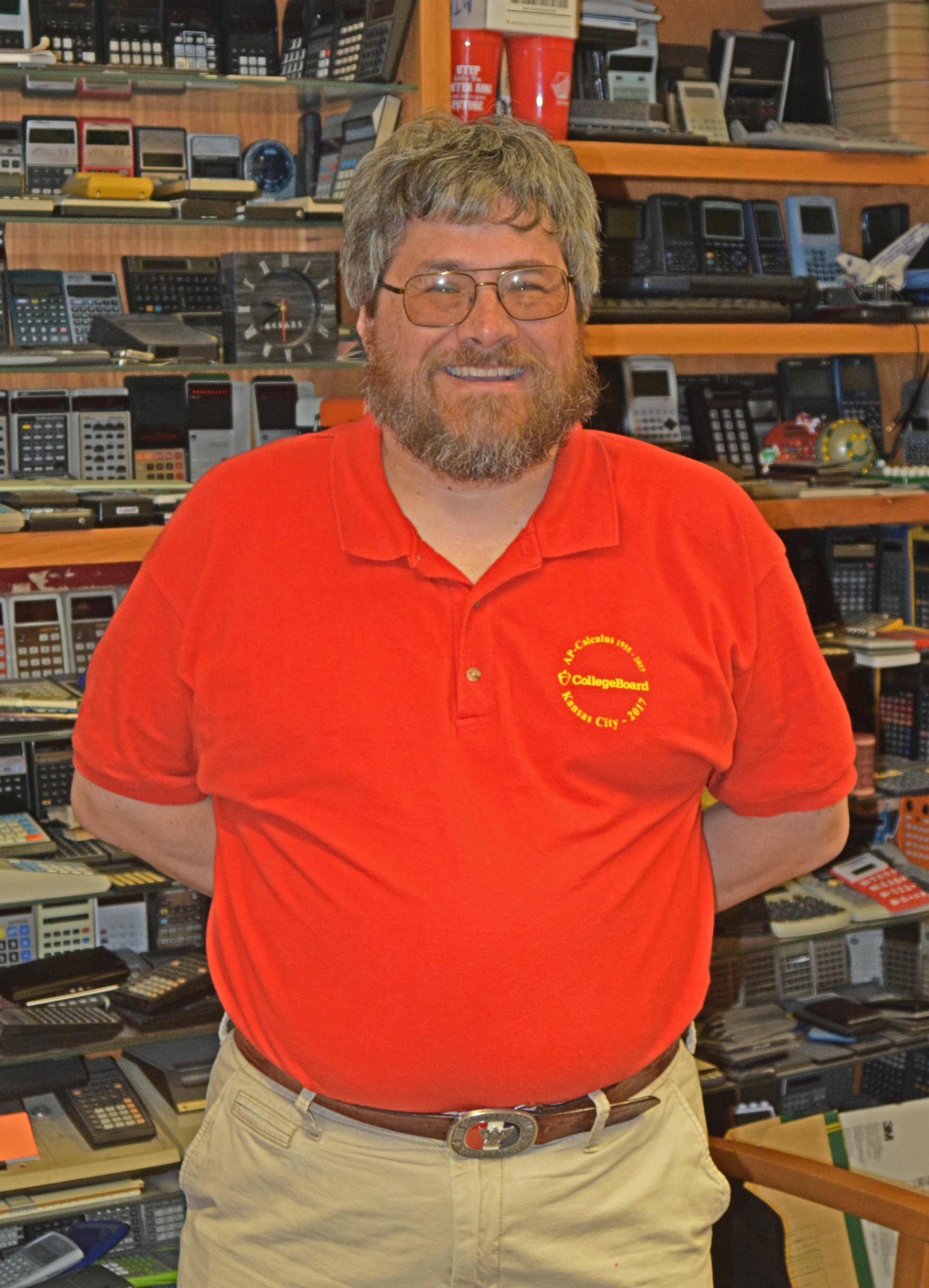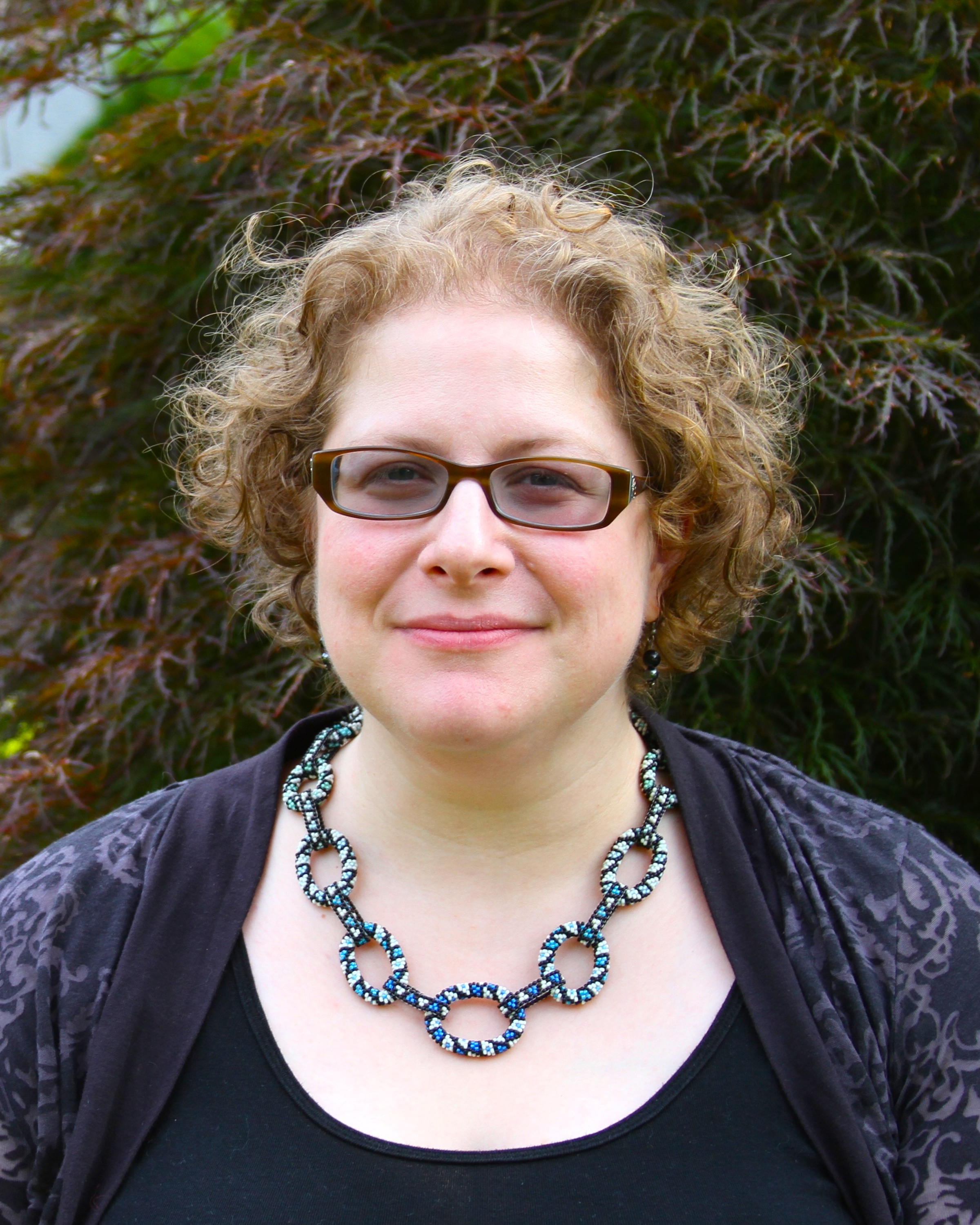Welcome to the 2019 Rose-Hulman Undergraduate Mathematics Conference. This is our 36th consecutive conference, and we look forward to hosting you on the beautiful Rose-Hulman campus.
The vision for the Rose-Hulman Undergraduate Mathematics Conference is to provide a venue to highlight and celebrate the accomplishments and work of undergraduate mathematicians and statisticians. The conference is put on largely by undergraduates for undergraduates. The contributed student talks will cover an array of topics including pure mathematical theory, applied modeling, statistics, and data science.
Invited Speakers
Mark Bollman

The Mathematics of Blackjack
Blackjack, or 21, is among the most popular casino table games. Since, unlike most other games of chance, successive hands of blackjack are not independent, the mathematics behind blackjack is at once more complicated and more interesting than for games like craps or roulette, and there can be times during play when the gambler has an edge over the casino. This talk will briefly review the rules of the game and then describe some of the calculations--both theoretical and experimental--that led to blackjack basic strategy and the advantages derived from card counting.
Mark Bollman is Professor of Mathematics and Chair of the Department of Mathematics and Computer Science at Albion College in Albion, MI. He earned a B.A. in mathematics and integrated science from Northwestern University, an M.A. in mathematics from the University of Michigan, and a Ph.D. in mathematics, with a concentration in college teaching of mathematics, from Central Michigan University. Mark's mathematical interests include number theory, probability, and geometry. Recently, he has been working in applied probability, specifically, the application of mathematics to games of chance, and has published two books, Basic Gambling Mathematics: The Numbers Behind The Neon and Mathematics of Keno and Lotteries, both with CRC Press. He has traveled with his gambling math students to casinos in Michigan and Nevada to visit the origins of their subject and compare theory and practice. Mark has taught 112 different college courses in his career, including classes in computer science, English composition, physics, and chemistry as well as all levels of mathematics.
Susan Goldstine

When Mathematics Says No: The Aesthetics of Impossibiliy
Sometimes, when we pose questions of mathematics, its answers are strikingly contrary. Why can’t we trisect an angle with the same tools we use to bisect an angle? It’s not possible. Why haven’t we found the quintic formula? It doesn’t exist. Can we at least prove that arithmetic is logically consistent? Nope!
We can view these results as intransigent obstacles to human knowledge, or we can accept them as fascinating illustrations of the boundaries of different mathematical techniques. In this talk, we will explore analogous results for techniques in the fiber arts. For each form of knitting, crochet, embroidery, and so forth, there is a set of limitations on what types of designs they can produce. Sometimes, these limits are broad enough that the the art form can encompass every mathematical possibility. Other times, the craft imposes intriguing restrictions on what patterns we can produce, and we will make the case that these restrictions have their own intrinsic beauty.
Susan Goldstine received her A.B. in Mathematics and French from Amherst College in 1993 and her Ph.D. in Mathematics from Harvard University in 1998. Her joint and individual artworks have appeared in Math Horizons, the Journal of Mathematics and the Arts, the proceedings of the international Bridges Conference, and various mathematical art exhibits in the US and around the world. Together with computer scientist and artist Dr. Ellie Baker, she is coauthor of the 2014 book Crafting Conundrums: Puzzles and Patterns for the Bead Crochet Artist, which collects their extensive research on mathematical bead crochet. Dr. Goldstine is Professor of Mathematics at St. Mary’s College of Maryland, where she has been on the faculty since 2004, and an Associate Editor for the Journal of Mathematics and the Arts. Her guiding principle is that a professor’s office can never have too many toys.
Short Courses
In addition to the student talks and plenary sessions, we are offering a series of two hour short courses in conjunction with the conference. The short courses are presented by experts in the respective field, and are intended to be an introduction for undergraduates to the given area of mathematics. The short courses will happen on Friday afternoon of the conference. The courses are open to all registrants; there is no need to pre-register. You may decide which course, if any, to attend when you arrive.
Additional short courses are being arranged at present, check back for more options soon.
Mathematics of Weaving
Dr. Joshua Holden, Rose-Hulman Institute of Technology
Weaving is one of the most mathematical of all art forms, and it's got something for every mathematician --- geometry, topology, combinatorics, number theory, algebra, and even a little bit of differential equations. We'll take a hands-on tour of lots of different ways to explore mathematics with weaving. Be prepared to learn and experiment with various techniques of weaving paper strips. We will also demonstrate weaving with yarn on a loom and there may be opportunities for you to try that out, too. No previous knowledge of weaving or any particular area of mathematics is required. Participants are encouraged to bring your creativity! All materials will be provided.
Introduction to Data Science
Dr. Mark Daniel Ward, Purdue University
We will have a hands-on overview of some of the tools that data scientists use for working with data, including large data sets. The workshop topics can be slightly flexible and open to discussion, depending on the interests of the participants. At a minimum, we will introduce students to R and RStudio, data visualization, and perhaps some tools for scraping and parsing XML directly from the web and processing the scraped data in R. All participants are encouraged to bring a laptop...and to be excited to learn about some of the introductory nuts and bolts of data science. No computational background is needed for this workshop.
Upping your LaTeX Game: Class files, scripting, and graphics
Dr. Tim All, Rose-Hulman Institute of Technology
LaTeX is the de facto standard when it comes to typesetting mathematics and scientific documents. In this workshop, we aim to give an overview of some of the more advanced features available in LaTeX. Specifically, we will explore the following:
- the creation of custom packages and document classes to avoid those mile-long preambles,
- other TeX engines with specific emphasis on LuaLatex which includes Lua as an embedded scripting language. This allows for a host of useful applications (e.g., creating custom assignment classes that auto-populate a table of scores or an answer key, or that randomly generate similar problems upon compiling),
- the various tools and add-ons available for creating high-quality 2D and 3D vector graphics in LaTeX.